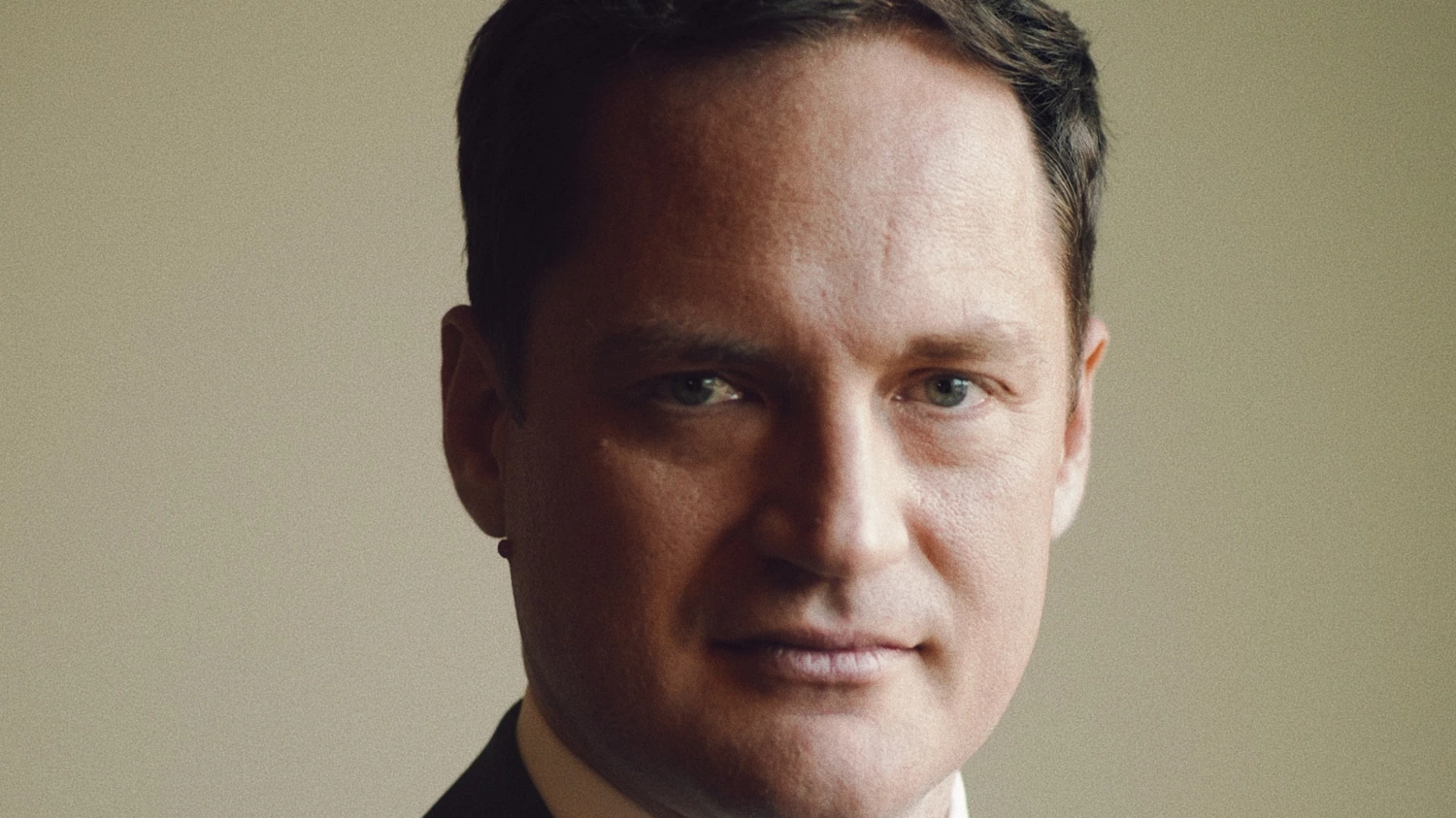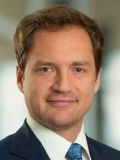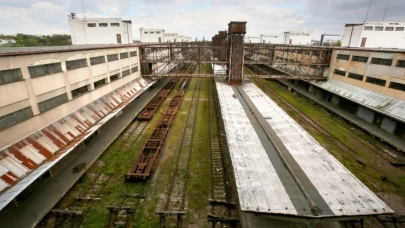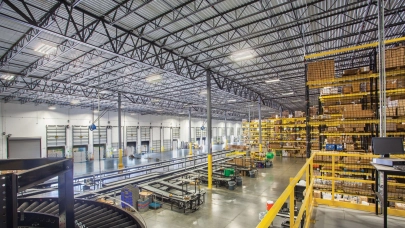
Marius Persenea, COO of Romanian developer Iulius, spoke with Property Forum about the macroeconomic picture of the country going into 2023 and the potential of regional cities to attract property investments on the medium and long term.
Marius Persenea was the recipient of the Personality of the Year award at our annual SEE Property Forum Award Ceremony in Bucharest. The winners of the awards were selected by a jury committee comprising leading real estate professionals from Romania. Marius played a vital role in helping Iulius obtain the largest real estate loan granted in Romania to date.
What is your outlook for the property financing environment going into 2023?
Next year will continue the trend already started in 2022. The major shift from the capital markets towards bank financing will continue as the fundamentals for the capital market will remain unchanged on a rather medium-long term. We must not forget that the European Central Bank (ECB) stopped buying corporate bonds and I do not expect the situation will be changed soon. This buyback program was, in my opinion, one of the main drivers for the capital market over the last few years.

Marius Persenea
Chief Operating Officer
IULIUS Company
In your opinion, will interest rates continue to grow in the Eurozone next year and will this lead to a fall in the inflation rate?
Inflation does not fall directly due to higher interest rates. This happens more like a “side effect” of interest hikes which make money scarce and create insolvencies and eventually unemployment. The keys to an efficient fight against inflation are exactly these: insolvencies and unemployment. Why? Because everything around us is about confidence. The lack of it determines everyone to be more conservative when it comes to spending. Less spending puts pressure on inflation. Coming back to your question, interest will continue to grow until the above-described mechanisms are triggered. Compared to the US, the Eurozone is more sensitive to interest growth therefore we will see sooner the effects.
Are current funding conditions in Romania supporting new commercial property investments?
Current funding conditions are constantly changing. That makes life difficult for everyone: borrowers and lenders. The natural selection process will trim pipelines and like in every challenging circumstance, the best projects, with the strongest position in the market and good track record will continue to find funding solutions. For the bottom of the pyramid, things will be a bit more complicated compared to how things were during the last decade.
On the current backdrop marked by growing interest rates and high inflation, what is the risk of an economic downturn in Romania and the EU as a whole?
A bumpy road does not mean it has to get you to a bad place. You might feel discomfort all the way and sometimes you hit your head on the top of your car, but the destination might be worth it. We are now facing so many challenges but also opportunities at the same time. Therefore, we should adopt a general optimistic approach as a guideline. Cautiously optimistic like one of my friends like to say. I think Romania will perform better than the EU average due to several factors: competitive cost market, strategic position, room for infrastructure investments, natural resources.
How long did it take Iulius to secure the funding deal with to refinance the retail portfolio?
All in all, it took around three years because we searched for a particular type of financing product and we needed the right lending partners for that. Once we found them of course things ran faster. The start of the war in February 2022 did not help but all is good when the end is good.
How will you finance your newly planned investment in Cluj-Napoca?
The Cluj-Napoca project will be another landmark asset that by its size and quality attracts everyone interested in good investments. We have the needed equity and count on the lenders’ support. We put values such as loyalty and trust at the centre of our relations therefore we also expect future support from our partners.
Will bank loans hold a controlling share of the property funding market in the next 12 months? How competitive is the Romanian commercial property market compared to other countries in CEE?
The Romanian commercial property market matured over the last decade. The size of the country shapes an economy with multiple regional cities with thriving economic and social life. It is a feature which besides in Poland cannot be found somewhere else in CEE. That enlarges the market and encourages the development of a wider range of assets.
What is the long-term growth potential of the Romanian property sector and how are you structuring your future investments in this regard?
There is a qualitative and a quantitative influence over the long-term growth potential for the property sector. Any comparison with the other European markets proves that Romania may accommodate further investments into the commercial property sector. We are proud to be recognized as long-term market players and visionaries when it comes to the type of assets we developed: mixed-use investments. Our future investments will use the same recipe: large-scale high-quality mixed-use urban regeneration schemes from which all the stakeholders will benefit in the long term. The local communities from the uprise of life quality and economic boost and us from a constant increase in value.



